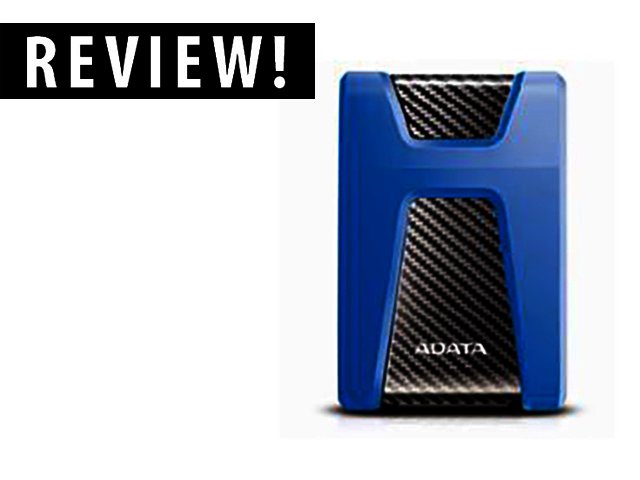In the information age for those who are inclined to travel with vast amounts of data, and worry about losing their notebook/tablet, or worse, having it stolen, portable hard drives can be a lifesaver.
There is another really good reason to have a few external hard drives within ready reach. The scourge of ransomware, where attackers remotely encrypt your files and then threaten deletion of your precious data, unless you pay a specified ransom within a set amount of time, makes having offline copies of mission critical data an essential security measure in today’s always-on age.
Admittedly, there isn’t always too much to write about external hard drives. Appearance wise they are pretty much similar, it’s not like manufacturers can slap a better screen on it to entice customers or differentiate it from the competition with superficial changes.
Stay safe
Rather, it is how well it keeps one’s data protected that is of utmost importance, and it here that the ADATA HD650 has a bit of edge over some of the other portable hard drives we have come across. The drive is enrobed in a removable rubber sleeve, which should afford the drive more protection if it should fall out of a bag or be knocked off one’s desk.
Size wise, it’s par for the course, about two thirds the size of a 5” phablet, but about double as thick. Nonetheless, it is still a light and small addition to one’s notebook bag or backpack, and certainly doesn’t take up much space at all.
Transfer speeds are fast, with the drive copying across 481 MB in five seconds across USB 3.1, and doing the same for 2.7 GB in 45 seconds, at about 50 MB/s. What that means is that larger backups of folders, for example 50 GB and beyond, won’t have you waiting hours on end for your backup to complete, overly draining your notebook battery.
Go big
Capacity wise, our review unit came in a standard 1 TB, but the launch of the range also includes 2 TB and 4 TB portable hard drive versions. To our mind, the latter in particular would be the most noteworthy, especially as that kind of storage capacity is usually limited to bulkier desktop external drives.
If there was one niggle it would have to be that the drive sports a specific connection, rather than a standard USB, which means you are going to carry the included cable with it rather than use a universal one. Nonetheless, it’s a minor concern, and certainly shouldn’t deter one from adding at least a 1 TB version to your arsenal.
Should you choose to do so, then you won’t have to cajole your bank manager too hard – prices are pretty reasonable, with the 1 TB version costing R948, the 2 TB coming in at R1 548 and the 4 TB version yours for R2 598.





